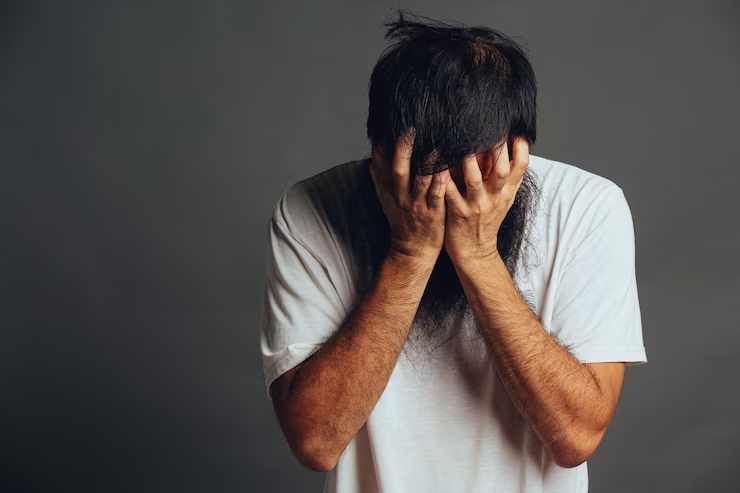Sleep is a vital component of our overall well-being, allowing our bodies and minds to rest, repair, and rejuvenate. However, for individuals in South Africa dealing with post-traumatic stress disorder (PTSD), achieving restful and restorative sleep can be a significant challenge. PTSD can cause persistent nightmares, intrusive thoughts, hyperarousal, and anxiety, all of which can disrupt sleep patterns and lead to sleep deprivation. In this article, we will explore strategies to promote healthy sleep patterns specifically tailored to individuals in South Africa who are coping with PTSD.
- Establish a Consistent Sleep Routine: Creating a regular sleep routine can help regulate your body’s internal clock and signal to your mind and body that it is time to sleep. Aim to go to bed and wake up at the same time every day, even on weekends. This consistency will help train your body to recognize when it’s time to rest, promoting better sleep quality over time.
- Create a Relaxing Bedtime Ritual: Engaging in relaxing activities before bed can help calm your mind and prepare your body for sleep. Consider incorporating activities such as reading a book, taking a warm bath, practicing deep breathing exercises, or listening to soothing music into your nightly routine. These activities can help shift your focus away from intrusive thoughts and promote relaxation.
- Create a Sleep-Conducive Environment: Make your bedroom a peaceful and comfortable space dedicated to sleep. Ensure your room is dark, quiet, and at a comfortable temperature. Consider using blackout curtains, earplugs, or a white noise machine to block out any external disturbances that may trigger anxiety or disrupt sleep. Investing in a comfortable mattress and pillow that provide proper support can also contribute to better sleep quality.
- Manage Daytime Stress and Anxiety: Individuals with PTSD often experience heightened levels of stress and anxiety during the day, which can carry over into the night and disrupt sleep. It is essential to develop healthy coping mechanisms to manage these daytime symptoms. Engage in activities that reduce stress, such as exercise, mindfulness meditation, or therapy. By addressing daytime stressors, you can create a calmer state of mind that facilitates better sleep at night.
- Practice Relaxation Techniques: Learning relaxation techniques can be particularly helpful for individuals with PTSD. Deep breathing exercises, progressive muscle relaxation, guided imagery, and meditation are effective tools for calming the mind and relaxing the body. Engaging in these techniques before bedtime can help reduce hyperarousal and promote a sense of calm conducive to sleep.
- Seek Professional Help: If sleep disturbances persist despite your efforts, it is essential to seek professional help. A healthcare provider or therapist experienced in treating PTSD can provide valuable guidance and develop a personalized treatment plan tailored to your specific needs. They may recommend therapies such as cognitive-behavioral therapy (CBT), eye movement desensitization and reprocessing (EMDR), or medication when appropriate.
- Prioritize Self-Care: Self-care plays a crucial role in managing PTSD and promoting healthy sleep patterns. Engage in activities that bring you joy and help you relax. Practice good sleep hygiene by avoiding stimulants like caffeine and electronics before bed. Engage in regular physical exercise, which can help reduce anxiety and improve sleep quality. Taking care of your overall well-being will contribute to better sleep.
It’s important to remember that overcoming sleep disturbances associated with PTSD may take time and patience. Each person’s experience with PTSD is unique, and what works for one individual may not work for another. Be gentle with yourself and allow yourself time to heal. With the right strategies, support, and self-care, it is possible to improve sleep patterns and enhance overall well-being for individuals in South Africa coping with PTSD.
If you or someone you know is struggling with PTSD and experiencing sleep disturbances, reach out to a healthcare professional or mental health provider for guidance and support. You don’t have to face it alone, and there are resources available to help you on your journey towards better sleep and recovery.










